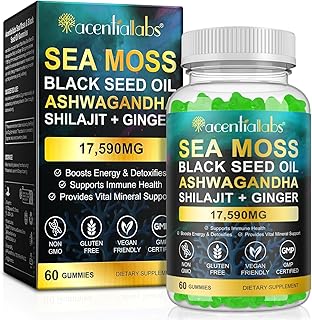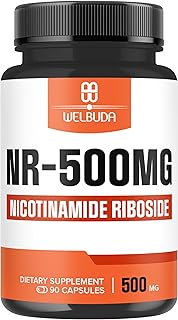Social media has become a dominant force in shaping our dietary choices, with many turning to online platforms for nutritional guidance. The global health and wellness market has witnessed a significant surge, reflecting a growing interest in science-backed wellness products. Amid this trend, the quest for health and vitality has taken center stage, with individuals seeking guidance on nutrition and wellness through social media platforms.
While social media serves as a convenient source of information, it often oversimplifies complex subjects like nutrition science. Studies have shown that social media influences individuals’ eating habits, promoting immediate consumption of food and trends without considering the evidence-based nature of the information. This influx of information has made it challenging for the public to discern accurate nutritional advice from misleading claims.
Various misconceptions prevail regarding the impact of specific foods on health, such as the belief that consuming certain fruits or seeds can lead to instant benefits like glowing skin or weight loss. However, the process of nutrient absorption in the body is a complex mechanism that involves various factors, including gut health, nutrient balance, and overall dietary patterns. Experts emphasize the importance of a holistic approach to nutrition, highlighting that no single food can provide immediate health benefits.
Contrary to popular belief, food cannot act as a cure for medical conditions, although a balanced diet can support the body’s immune system. The notion that certain kitchen ingredients or natural remedies can address chronic diseases like obesity or diabetes is often exaggerated. Maintaining a healthy lifestyle involves a combination of factors, including regular exercise, stress management, and overall dietary balance.
The proliferation of misinformation on social media has led to misconceptions about sugar, carbohydrates, and fad diets. While excessive consumption of sugar and carbohydrates can have adverse effects, completely eliminating these essential nutrients from the diet is not advisable. Experts caution against following extreme dietary trends and emphasize the importance of individualized nutritional approaches based on factors like genetics, lifestyle, and cultural background.
To navigate the complexities of nutrition science and combat misinformation, it is essential to rely on verified sources, consult healthcare professionals, and critically evaluate online information. Understanding the nuances of nutrition research, including the limitations of observational studies, can help individuals make informed dietary choices tailored to their unique needs. By adopting a discerning approach to nutritional information, individuals can prioritize their health and well-being in an era dominated by social media influence.
📰 Related Articles
- Social Media’s Impact on Music Industry: Connecting Artists and Fans
- UCLA Hack on the Hill Inspires Innovation and Social Impact
- Social Media’s Influence on Music Industry Evolution Explored
- Self-Directed Investing: Navigating Risks and Rewards in Online Trading
- Ohio Lawmakers Debate Online Gambling Bill Impact on State






